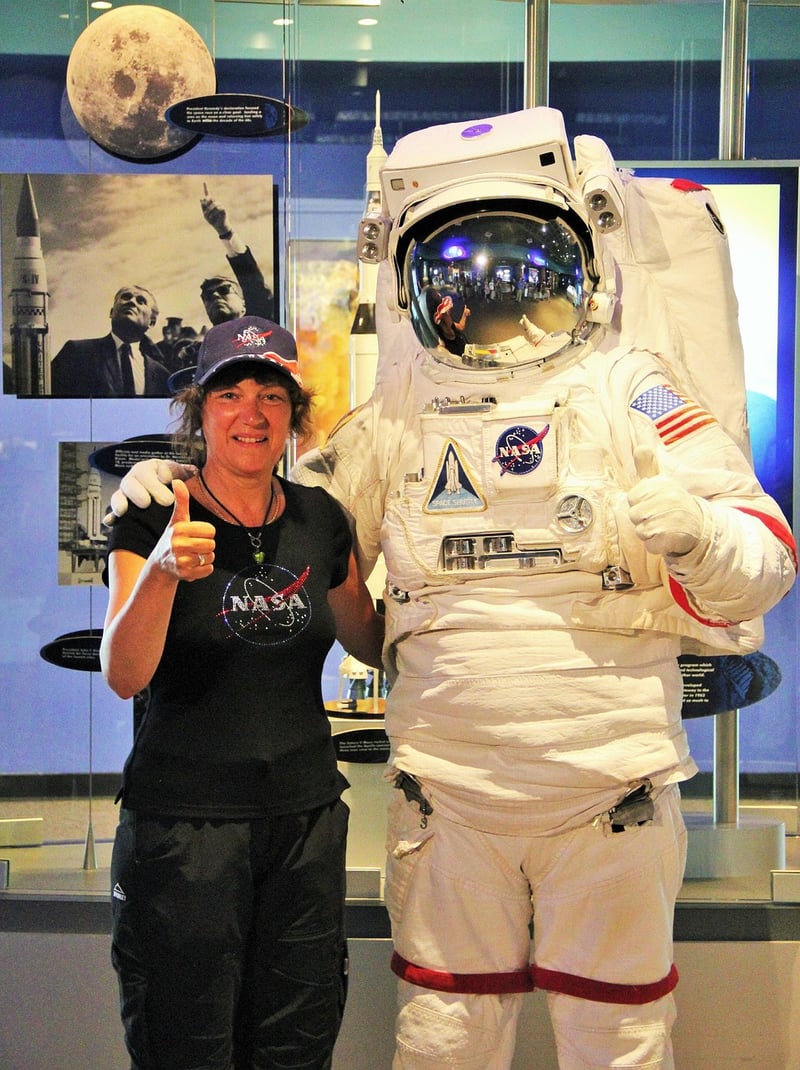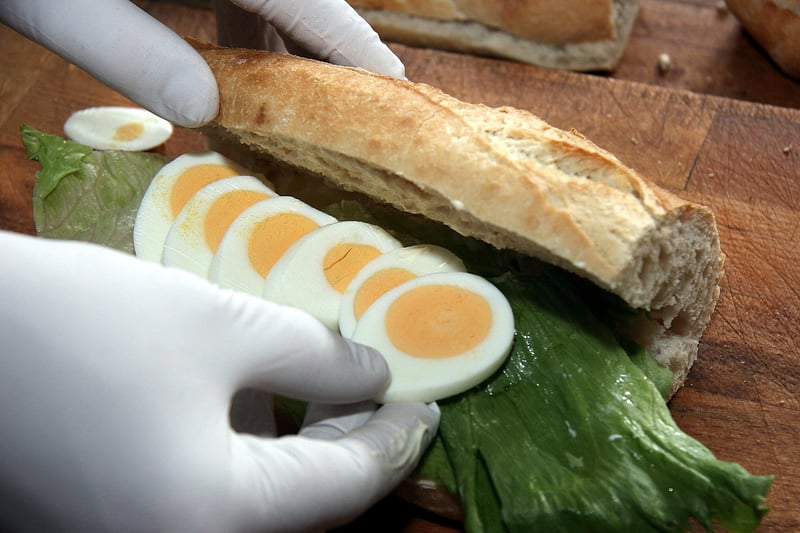Food Production
Ensuring Well-being During Space Travel
Space travel presents unique challenges for astronauts, including the need to maintain physical health and mental well-being in an environment drastically different from Earth. One crucial aspect of this is ensuring proper nutrition and food production in space. Let's explore how astronauts can stay healthy and well-fed during their space missions.
Challenges of Space Travel
Space travel exposes astronauts to microgravity, radiation, isolation, and limited resources. These factors can impact their health and well-being over extended periods in space. Maintaining a balanced diet and proper nutrition is essential to mitigate these challenges.
Food Production in Space
Traditionally, astronauts rely on pre-packaged and dehydrated foods for their space missions. However, advancements in technology have led to innovations in food production in space. NASA's Veggie experiment, for example, explores growing fresh produce on the International Space Station (ISS).
Benefits of Space Food Production
- Provides fresh and nutritious food
- Boosts psychological well-being
- Reduces dependency on resupply missions
- Enhances sustainability of long-duration space missions
Key Nutritional Requirements
Astronauts require a balanced diet rich in proteins, vitamins, and minerals to support their health in space. Special attention is given to vitamin D and calcium intake due to reduced exposure to sunlight and the risk of bone density loss in microgravity.
Future of Space Food
As space exploration advances, researchers are exploring innovative ways to enhance food production in space. This includes studying hydroponic systems, 3D-printed food, and even cultivating crops on other planets for future human missions.
Conclusion
Ensuring the well-being of astronauts during space travel is paramount for the success of long-duration missions. By focusing on food production, nutrition, and innovative solutions, we can support astronauts in their journey beyond Earth.


